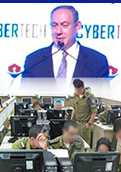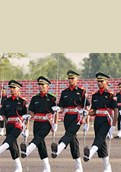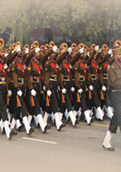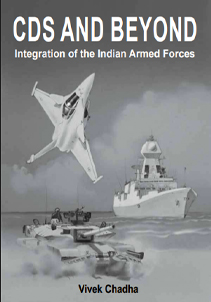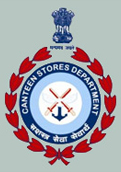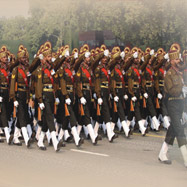Israel’s Approach to Building Cyber Capabilities: Lessons for the Indian Armed Forces
The Israel Defence Force (IDF) follows a whole-of-nation approach to build effective cyber capabilities, which can be studied to draw lessons for the Indian armed forces.
- Guriqbal Singh Gill
- May 31, 2023


